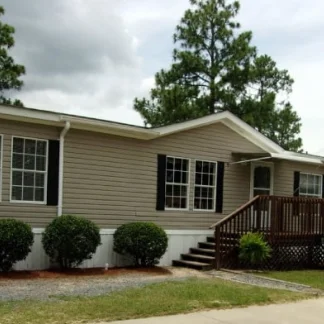The Golden Rule
Mauk, Georgia, 766 Parks Road, 31058
Available Programs
- Adult program
- Program for women
- Total beds : 46
- Young adult program
Insurance and Financial
- Monthly : $400
- Self-pay options
About this Facility
Sitting on 30 acres in Mauk, Georgia, the renowned Golden Rule is a drug and alcohol rehab center for men and women. Their mission is to provide a supportive and empowering environment where individuals can find the necessary tools and support to break free from the cycle of substance abuse.
The Golden Rule offers a range of services designed to address various behavioral health needs. Their dedicated team of professionals strives to empower individuals to achieve personal growth, well being, and recovery.
Their outpatient counseling services provide individuals with a safe and confidential environment to explore their concerns and work toward personal growth and healing. Through individual counseling sessions, clients receive professional guidance, support, and evidence based therapies tailored to their specific needs.
The Golden Rule facilitates group therapy sessions where individuals can connect with peers facing similar challenges. These group sessions provide a supportive and encouraging environment for sharing experiences, building coping skills, and fostering a sense of community and belonging.
The Golden Rule provides psychiatric evaluation and medication management services for individuals who may benefit from medication as part of their treatment plan. Their experienced psychiatrists conduct comprehensive assessments and work closely with clients to develop personalized medication strategies that align with their overall treatment goals.
Contact us for more information: (478) 862-5825

Contact The Golden Rule
Connect with The Golden Rule by calling their admissions team directly.
(478) 862-5825 Website Get Directions